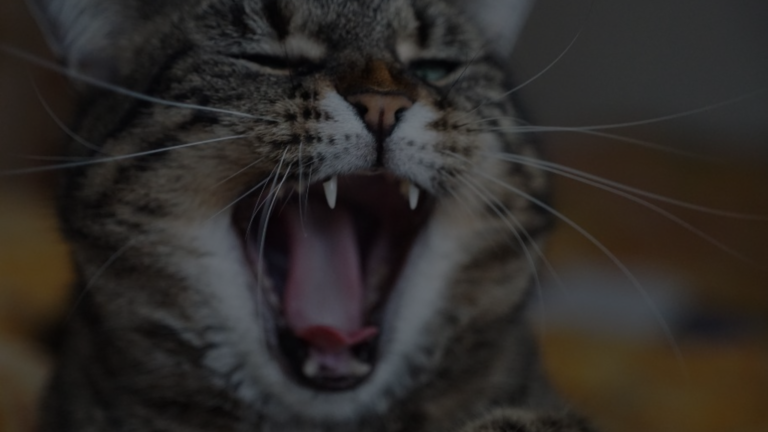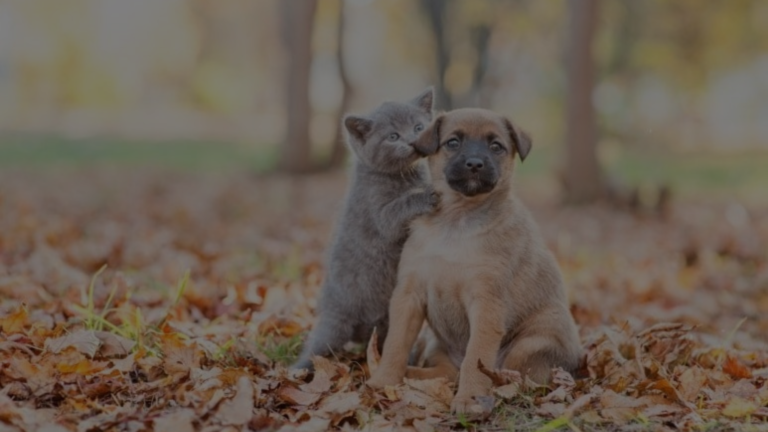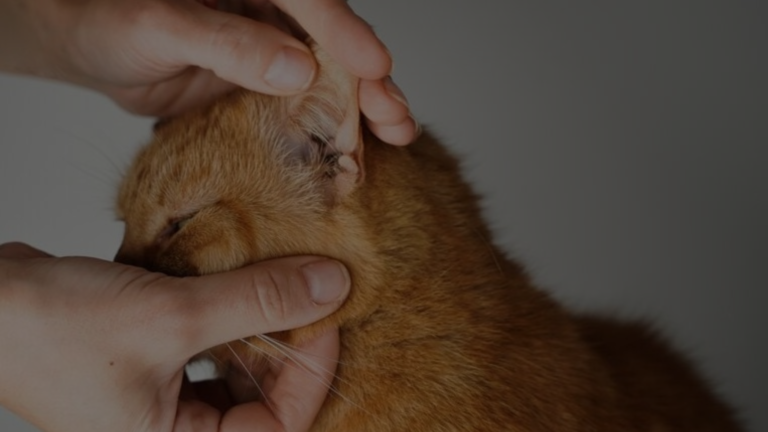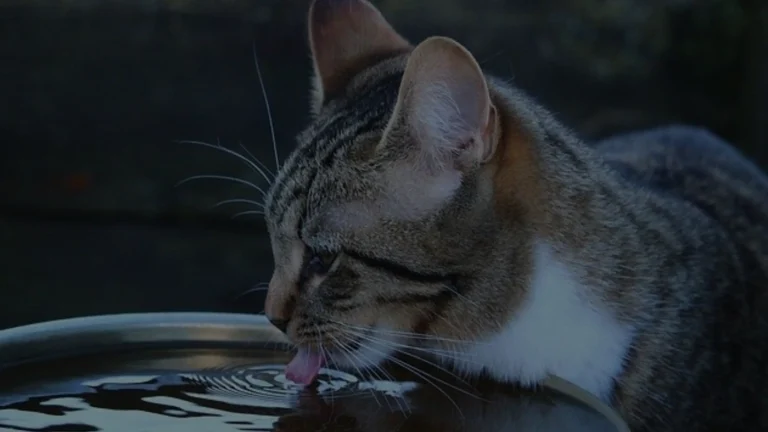Throughout history, black cats have held a unique and often controversial place in human culture. They’ve been revered as symbols of good luck and worshipped as deities, yet also ostracized and feared as harbingers of misfortune and companions to witches.
But how did this association with witchcraft arise, and why are black cats associated with witches?
Why Are Black Cats Associated with Witches?
The association between black cats and witchcraft stretches back centuries, with roots intertwined in various historical, cultural, and religious influences. Here are some key factors that contributed to this enduring superstition:
The Rise of Witch Hunts
During the European Middle Ages, a climate of fear and suspicion surrounding witchcraft prevailed. The Church demonized individuals accused of practicing magic, often associating them with the occult and the devil. Black cats, with their sleek black fur and mysterious nocturnal habits, became easy targets for suspicion. Their independent nature and association with darkness fueled the belief that they could be familiars – supernatural companions or shapeshifted forms of witches themselves.

Pagan Beliefs and Symbolism
Before the rise of Christianity, many pagan cultures held black cats in high regard. In ancient Egypt, they were revered as sacred beings associated with the goddess Bastet, representing protection, good health, and the moon. However, with the spread of Christianity, these positive associations were often demonized and reinterpreted through a negative lens.
Fear of the Unknown
The unknown often breeds fear, and black cats, with their silent movements and piercing eyes, embodied this mystery. Their nocturnal nature further fueled superstition, as darkness was often associated with evil and the unknown. Additionally, their independent personalities and unpredictable behavior contrasted with the more domesticated animals, making them seem even more enigmatic and potentially dangerous.
Literary and Artistic Influences
Popular literature and art also played a role in perpetuating the image of black cats as harbingers of misfortune or witch companions. Works like Shakespeare’s “Macbeth” and Edgar Allan Poe’s “The Black Cat” depicted these felines in association with darkness, death, and the supernatural, further solidifying the negative stereotype in popular culture.
Beyond the Shadows: Dispelling the Myths
Despite the historical association with witchcraft, there’s no scientific basis for the negative superstitions surrounding black cats. They are no more likely to bring bad luck or be involved in witchcraft than any other cat. Black cats often face discrimination and neglect due to these unfounded beliefs, leading to higher rates of abandonment and euthanasia in shelters.

Celebrating the Magic of Black Cats
Today, it’s important to recognize the harmful effects of these outdated superstitions and appreciate black cats for the wonderful creatures they truly are. These sleek felines possess unique personalities, intelligence, and playful spirits, just like any other cat.
Here are some reasons to reconsider your perception of black cats:
- Loving and Affectionate Companions: Black cats can be just as loving and cuddly as any other cat breed. They form strong bonds with their humans and shower them with affection.
- Unique Personalities: Each cat is an individual, and black cats are no exception. They come in a variety of personalities, from playful and energetic to calm and laid-back.
- Beautiful and Striking Appearance: Their sleek black fur and mesmerizing eyes exude an undeniable elegance and beauty that sets them apart.
- Resilient and Adaptable: Black cats have overcome centuries of adversity and remain a beloved companion to many. They are symbols of resilience and adaptability.
Embrace the Mystery: Black Cats in Modern Culture
While the historical association with witchcraft may persist in some corners of the world, black cats are increasingly being celebrated for their unique beauty and loving personalities. From social media campaigns to cat cafes dedicated to black felines, there’s a growing movement to dispel the negative stereotypes and embrace these magnificent creatures.
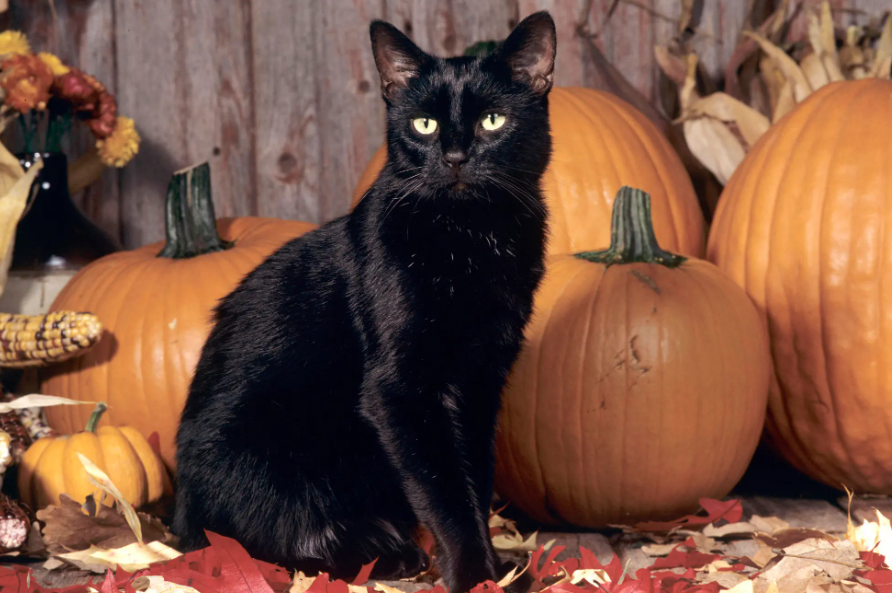
Conclusion
The association between black cats and witches is a complex and multifaceted story woven from historical misconceptions, cultural influences, and artistic interpretations. However, it’s important to remember that these beliefs are just that – beliefs, not facts. Black cats are no more or less likely to be involved in witchcraft than any other cat.
By recognizing the harmful effects of these superstitions and appreciating their unique beauty and loving nature, we can celebrate black cats for the wonderful companions they truly are. So, the next time you encounter a black cat, remember – don’t be afraid, embrace the mystery, and perhaps even consider welcoming one of these magical creatures into your own home.
Resources & References
FAQs About Black Cats and Witches
Why are black cats associated with witches?
This connection stems from a complex web of historical and cultural factors. In ancient Egypt, black cats were revered as deities, but during the European Middle Ages, their independent nature and nocturnal habits fueled fear and suspicion, particularly around women deemed “witches.” Witch trials solidified their negative image as “familiars” associated with evil. Literature and folklore further cemented this association, portraying them as harbingers of misfortune.
Do black cats bring bad luck?
Not! This is a harmful myth with no basis in reality. Black cats are just as loving and playful as any other feline, and attributing bad luck to them is unfair and untrue. In fact, some cultures consider them symbols of good fortune!
Are black cats more likely to be adopted from shelters?
Sadly, yes. The negative association with witches and bad luck often leads to black cats being overlooked in shelters, resulting in higher adoption rates and euthanasia rates. This highlights the importance of dispelling these harmful myths and promoting their wonderful qualities.
What can I do to help black cats?
- Adopt a black cat: Give a loving home to a deserving feline and counter negative stereotypes.
- Educate others: Share accurate information and dispel myths to promote understanding and appreciation.
- Support organizations: Organizations like the ASPCA, The Black Cat Sanctuary, and Alley Cat Allies work tirelessly to advocate for their welfare and combat discrimination.
Where can I learn more about black cats?
Many resources are available, including websites of animal shelters, cat advocacy organizations, and historical documentation. Consider checking out the links provided in the Resources & References section of the main article.
Should I be afraid of black cats?
No! Fear and prejudice only perpetuate harmful stereotypes. Instead, approach them with curiosity and open-mindedness. You might be surprised by their affectionate personalities and playful nature. Remember, judging an animal based on its fur color is never fair or accurate.




